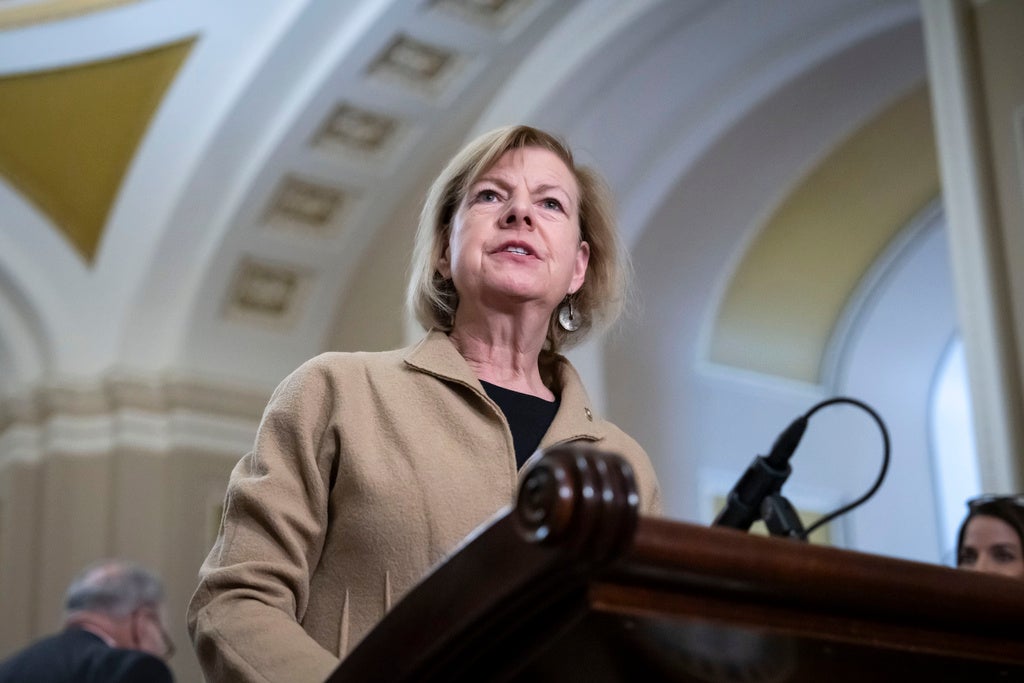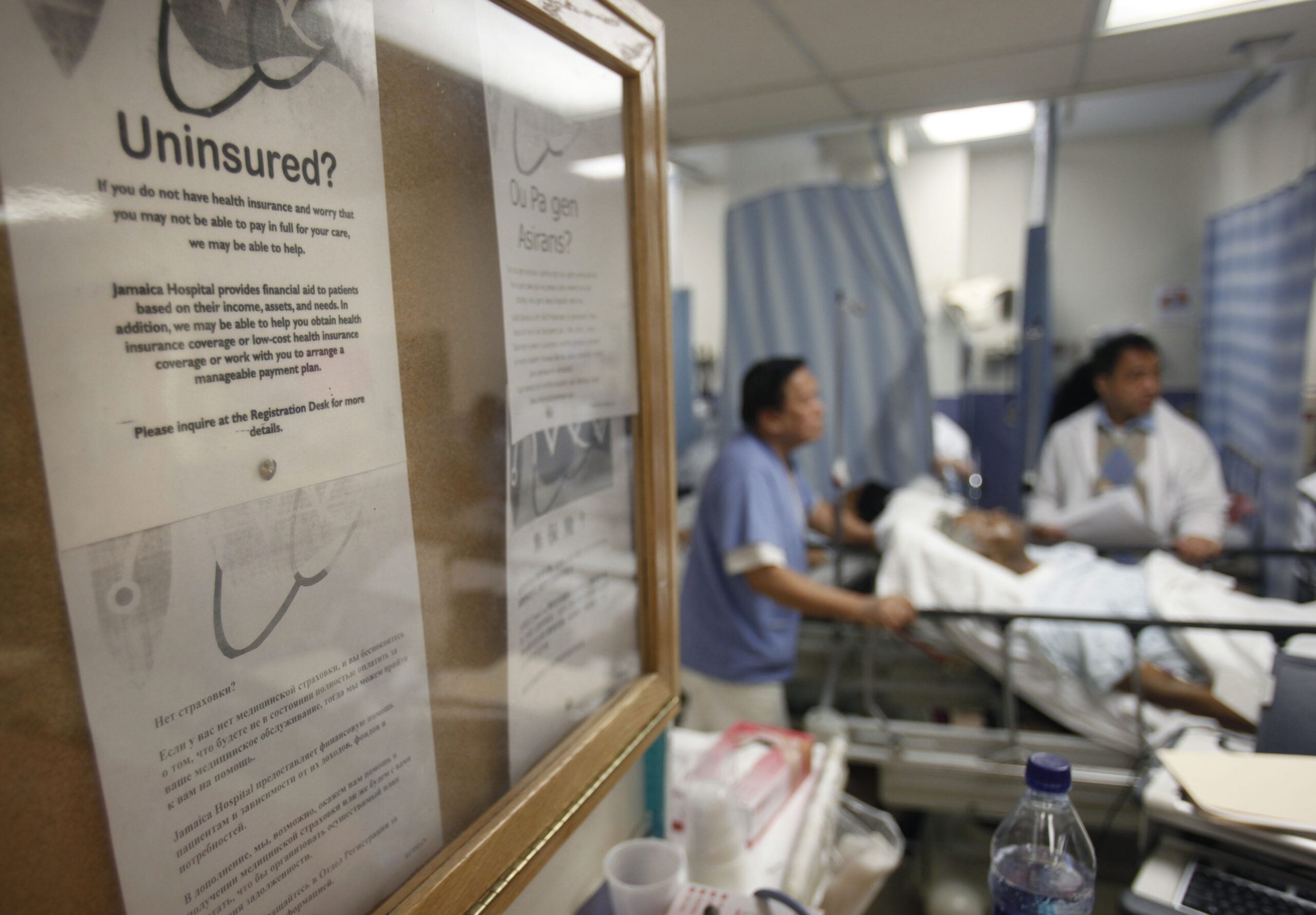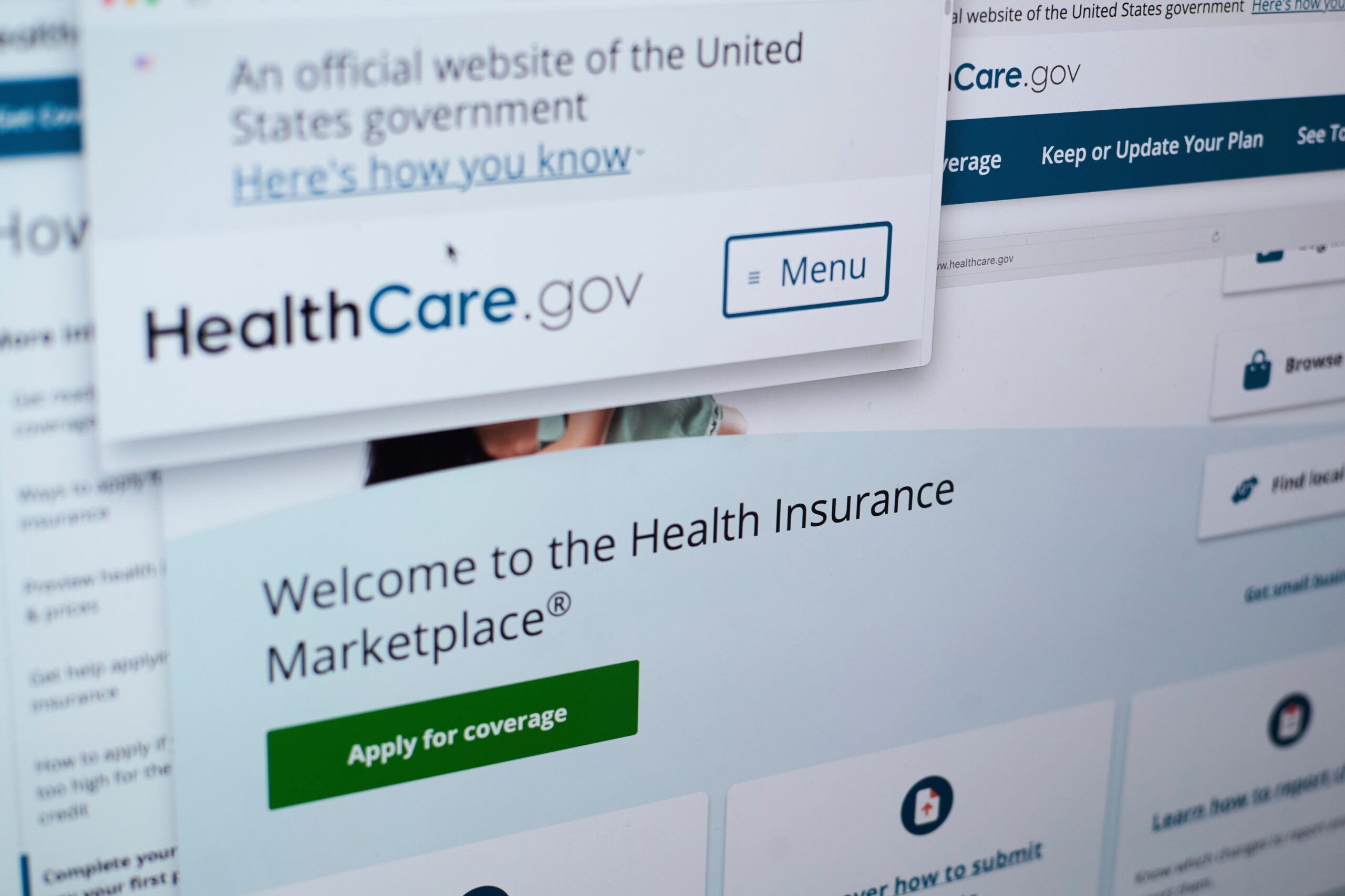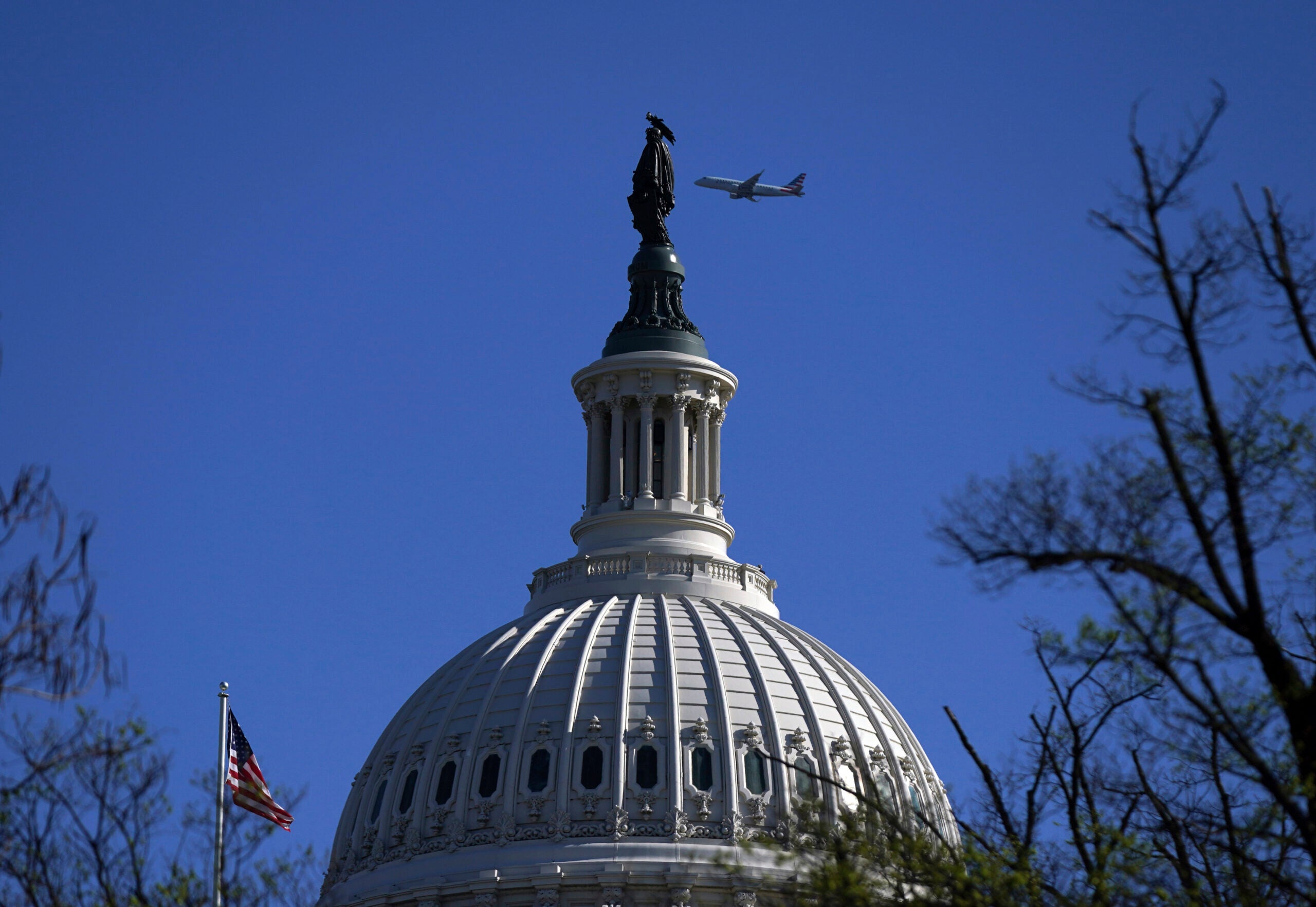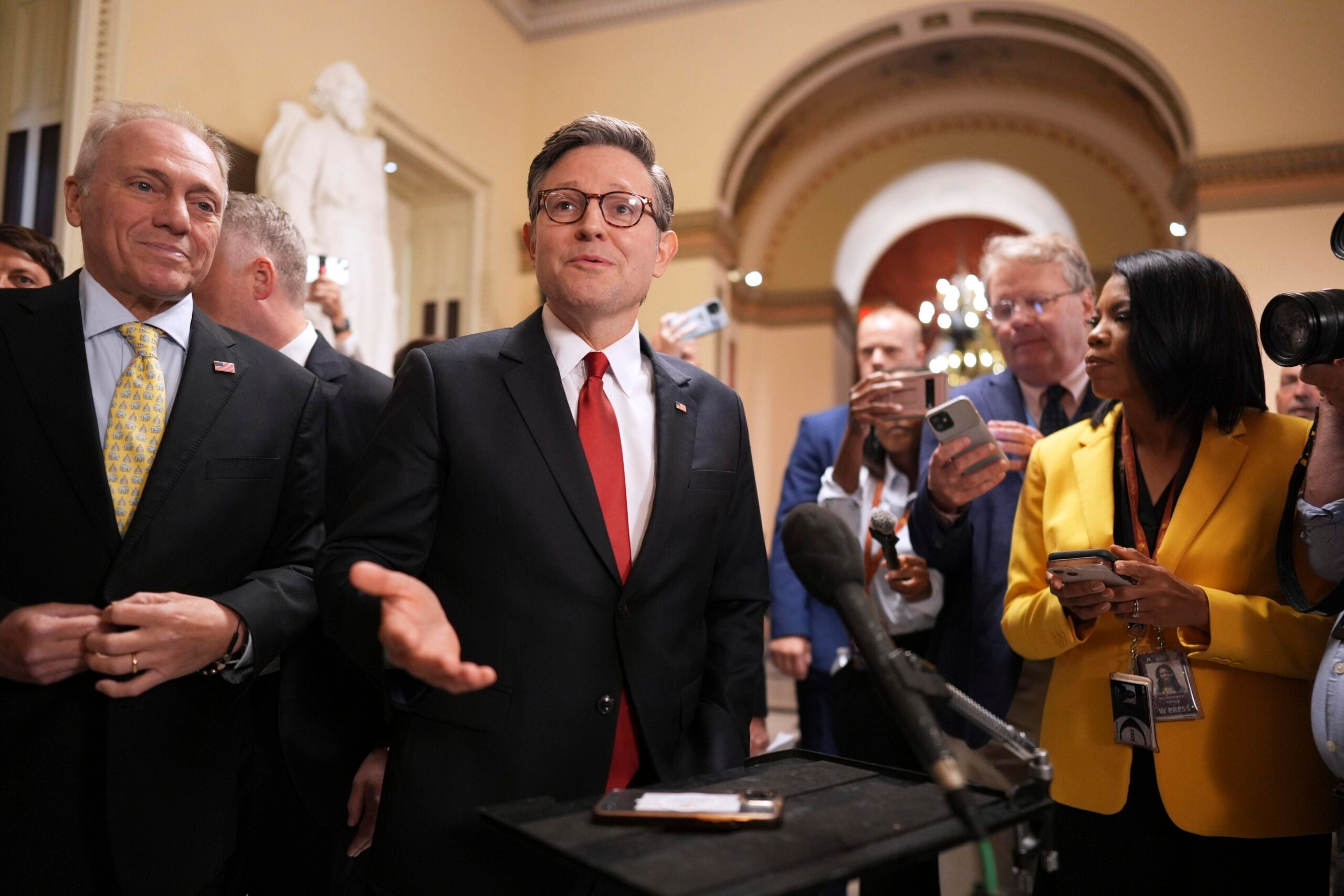A consumer group says Wisconsin could do more to control insurance premiums for health plans sold on the new federal marketplace.
Citizen Action of Wisconsin estimates on average, health insurance rates in Wisconsin are about $250 higher per year than in states which accepted federal Medicaid expansion money. One reason for this is that it costs more to cover sick people, and the group’s Kevin Kane said poor people generally have more health problems.
“Many of them were uninsured previously, and so those that buy insurance are the ones that know they need it,” said Kane.
News with a little more humanity
WPR’s “Wisconsin Today” newsletter keeps you connected to the state you love without feeling overwhelmed. No paywall. No agenda. No corporate filter.
The Affordable Care Act anticipated many of these low-income people would be on Medicaid, not private insurance. The U.S. Supreme Court, however, ruled states didn’t have to expand Medicaid. Wisconsin rejected the extra federal money provided under the Affordable Care Act and instead used state dollars to provide health care to those below the poverty line.
The report said another factor in keeping rates lower is having an elected insurance commissioner, something that would require a change in the Wisconsin Constitution.
“In states where there’s an elected insurance commissioner, there seems to be presumably a better chance that they will face stronger regulatory pressure,” said Robert Kraig, the executive director of Citizen Action.
The report also said premiums are controlled by robust rate review and contends Wisconsin could do better. Rates are somewhat controlled at the federal level with a requirement that 80 percent of premiums have to go for health costs, or refunds are issued.
The report compared health premiums in 34 states that had a federal or hybrid marketplaces.
Wisconsin Public Radio, © Copyright 2026, Board of Regents of the University of Wisconsin System and Wisconsin Educational Communications Board.


